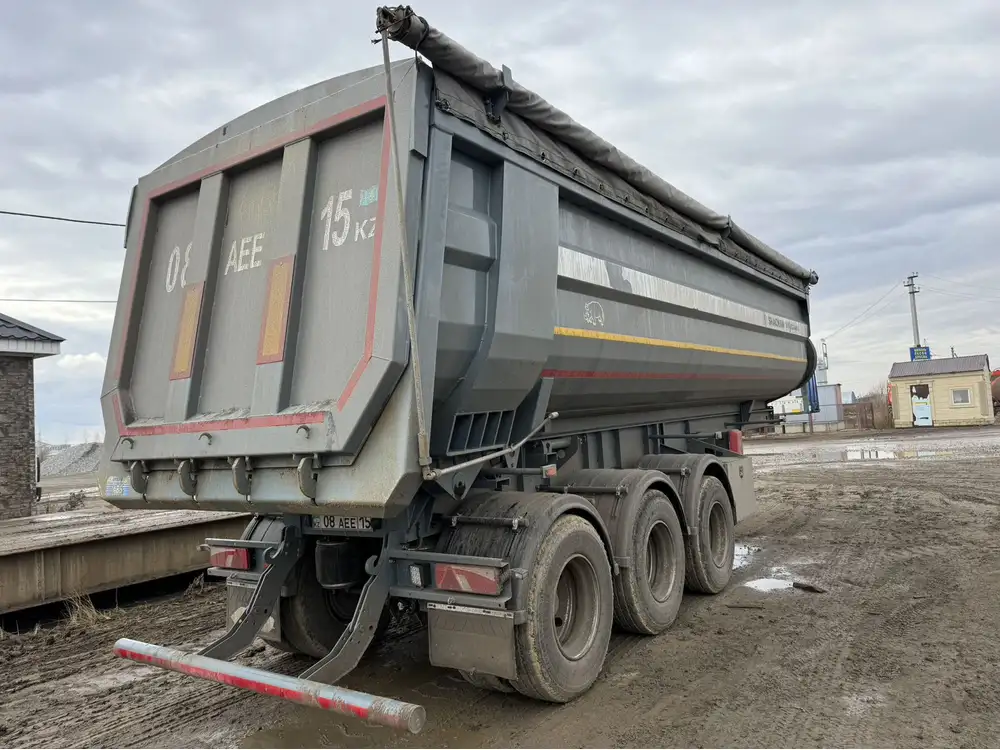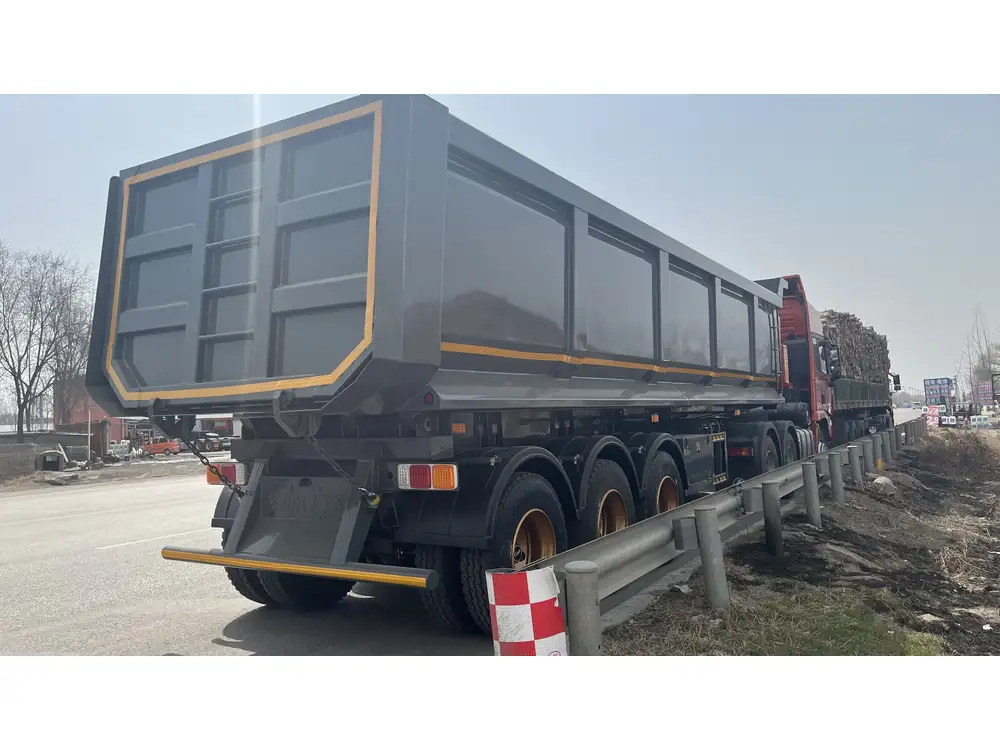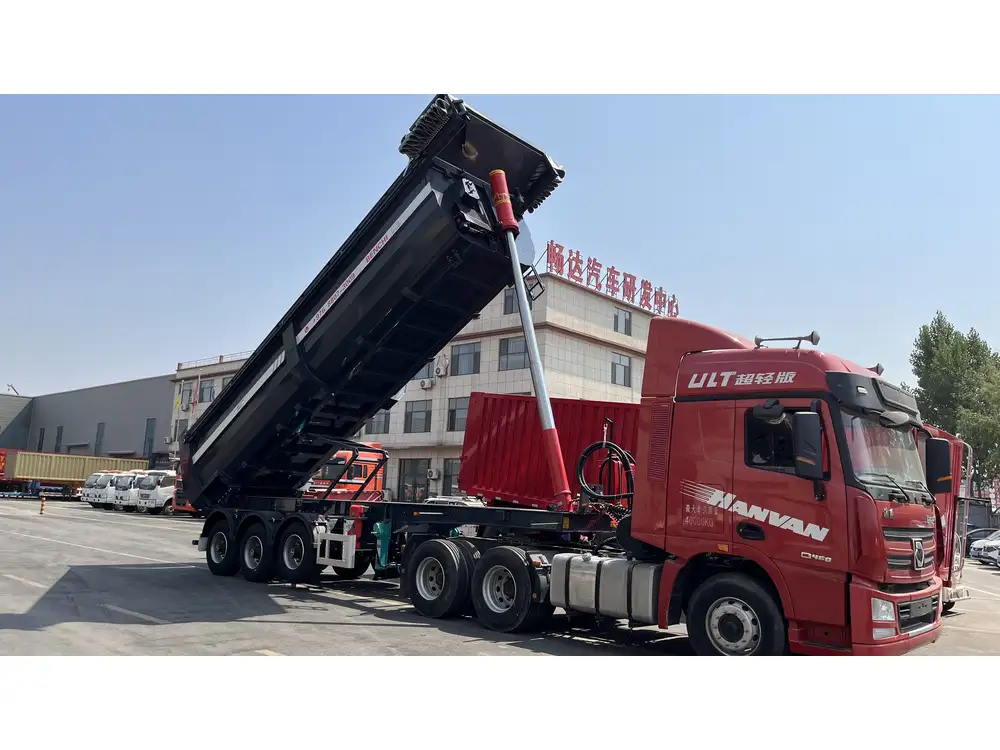Introduction
Navigating the complex world of parking regulations can be tricky for any driver, and it becomes even more challenging when we consider larger vehicles like semi-trailers. This article aims to clarify whether semi-trailers are permitted to park in handicapped spaces, detailing legal stipulations, best practices, and the implications of such actions.
Understanding Handicapped Parking Regulations

What Constitutes a Handicapped Parking Space?
Handicapped parking spaces are specifically designated areas designed to provide accessibility to individuals with disabilities. These spaces are usually wider than standard parking spots, ensuring that those using mobility aids, like wheelchairs or scooters, can enter and exit their vehicles safely. The Americans with Disabilities Act (ADA) sets forth requirements to ensure these spaces meet certain standards to promote accessibility.
| Criteria for Handicapped Spaces | Standard Sized Parking Spaces |
|---|---|
| Minimum width of 8 feet | 9 feet |
| Required access aisle of 5 feet | 5 feet |
| Clearly marked with blue signage | No specific signage requirements |
Legal Framework Governing Handicapped Parking
The legalities surrounding handicapped parking evolve at local, state, and federal levels. Under the ADA, only those vehicles displaying a valid handicapped parking permit may occupy these spaces. Herein lies the critical question: Can a semi-trailer legally park in these spaces?
Permitted Vehicles
According to the regulations, handicapped parking spaces are primarily reserved for passenger vehicles that transport individuals with disabilities. While the term “vehicle” can include a broad range of motorized transportation, semi-trailers typically do not fall under this category. Their size and design focus on cargo transport rather than personal transportation, making legal parking in a handicapped space highly questionable.

The Implications of Parking a Semi Trailer in a Handicapped Space
Legal Consequences
Parking a semi-trailer in a handicapped space without a valid permit risks incurring significant legal penalties. Such penalties can include:
- Fines: Municipalities often impose hefty fines on vehicles parked inappropriately, especially in designated handicapped spaces.
- Towing: Many jurisdictions permit the towing of vehicles parked illegally, especially when they obstruct access to critical facilities.
- Legal Action: Repeated violations can escalate into more severe legal ramifications, including court action or prohibition from using designated parking spaces.
Societal Impact
The act of parking a semi-trailer in a space meant for individuals with disabilities can have broader societal implications. Limited access for those with disabilities can create barriers that hinder their mobility and independence. This inconsiderate behavior contributes to a lack of respect for the laws designed to promote accessibility, potentially diminishing public sentiment toward the trucking industry as a whole.

Best Practices for Truck Drivers
Understanding and Respecting Parking Regulations
For drivers of semi-trailers, understanding and adhering to parking regulations is crucial. Respecting handicapped spaces is not just a legal obligation, but also an ethical one. Here are some best practices:
- Know the Regulations: Familiarize yourself with local parking regulations to avoid unnecessary fines or penalties.
- Utilize Designated Truck Parking Areas: Always seek out designated truck parking areas, which are built to accommodate larger vehicles.
- Plan Ahead: When possible, plan your routes including your parking locations to ensure that you have sufficient space available when you need to stop.
Alternatives to Handicapped Spaces
For truck drivers requiring breaks, explore alternatives to handicapped spaces, such as:
- Designated Truck Stops: Many truck stops offer designated parking areas specifically for large vehicles.
- Rest Areas: State rest areas often provide ample space for truck parking, making them ideal for longer stops.
- Shipping Facilities: If possible, utilize loading docks at your destination to minimize the need for street parking.

Frequently Asked Questions
Can You Park a Semi-Trailer in a Handicapped Space if You Have a Permit?
No. Even if an individual has a handicapped parking permit, parking a semi-trailer in a handicapped space is generally prohibited. The nature of the vehicle does not conform to the intended use of these spaces, which is reserved for accessible passenger vehicles.
What Should You Do if You See a Truck Parked in a Handicapped Space?
If you notice a truck parked in a handicapped space without appropriate signage, you can report the vehicle to local authorities. Collect any relevant information, such as the license plate number and location, and provide it to law enforcement or the local parking authority.

Are There Exceptions to This Rule?
While there may be some local jurisdictions with specific exceptions, these are typically rare and should not be relied upon. It is crucial to respect the regulations surrounding handicapped parking to ensure compliance and promote accessibility for all.
Conclusion
The question of whether a semi-trailer can park in a handicapped space leads to a clear conclusion: it is generally not permissible and could have legal, financial, and societal consequences. Understanding the landscape of parking regulations and maintaining respect for defined spaces ensures compliance and promotes accessibility for individuals with disabilities.
When out on the road, prioritize finding appropriate parking that accommodates the unique size of your vehicle while adhering strictly to all regulations. It is not only a matter of legality but also a reflection of our collective ethos of respect and inclusivity. By adhering to these practices, truck drivers can contribute positively to public acceptance and enable those with special needs to navigate life more freely.



